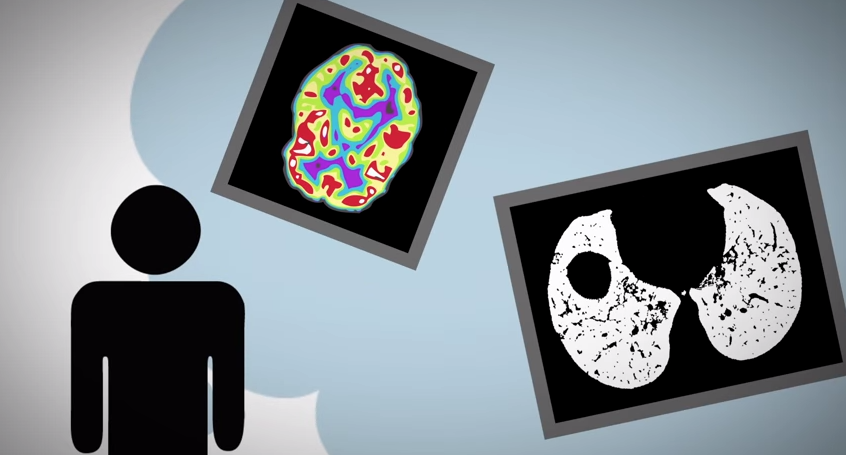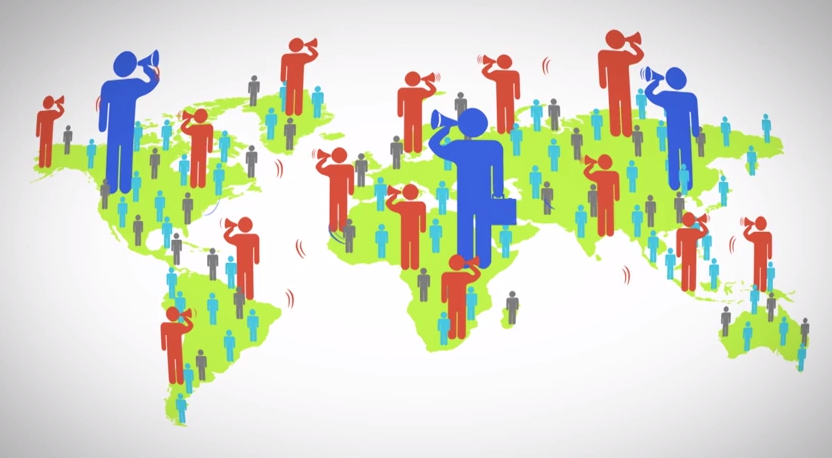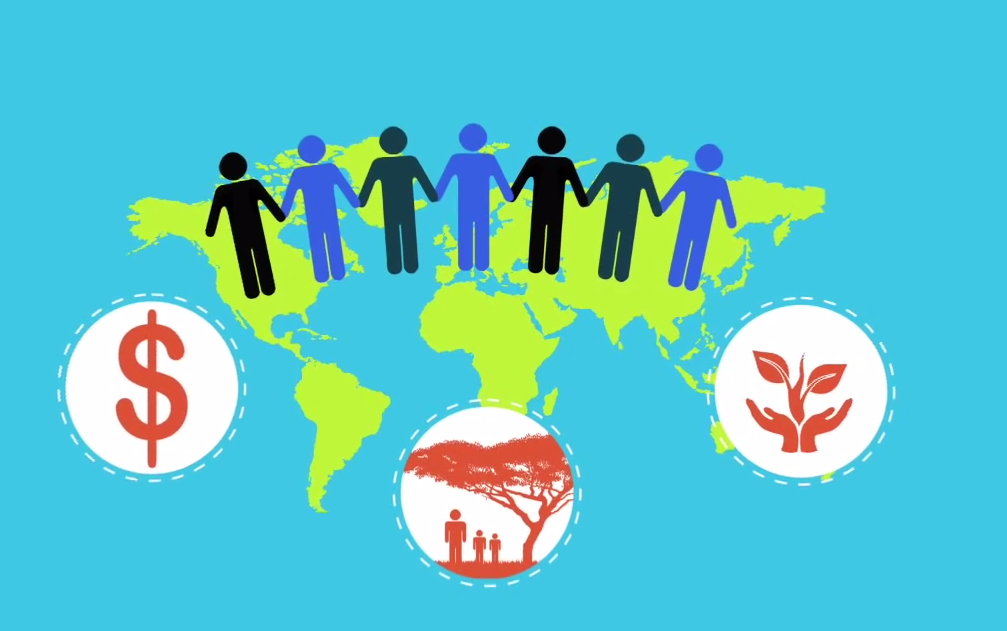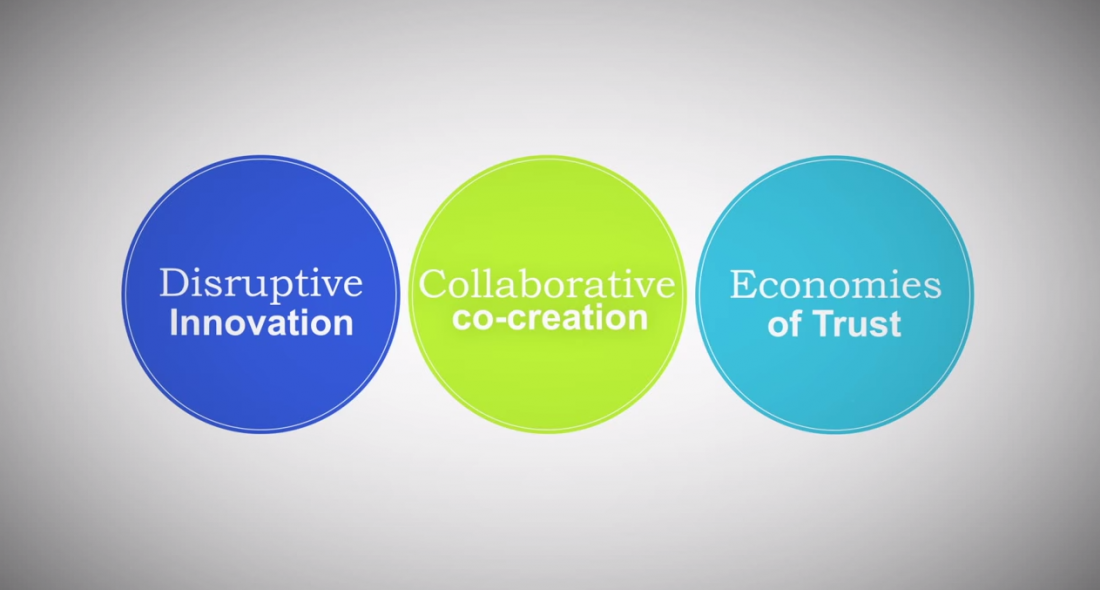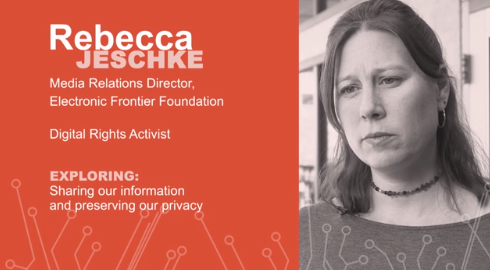
Pull#1: How Technology is Changing
the Privacy Conversation
The following content is from Pull, an online series about how technology is transforming the conversation.
Pull was produced in partnership with TVO’s The Agenda. Originally published in Summer 2013.
In a World Where We Share Everything, Does Privacy Matter?
Many of us don’t realize our every online activity is tracked, stored, aggregated, and analyzed, turning our digital activity into a unique digital thumbprint. On top of that, we voluntarily give away the most intimate details of our lives on social media platforms: our likes and opinions, photos, videos, and more are exposed.
Who owns all of the information we give away online anyway? What can and can’t be done with it? Is there even such a thing as privacy anymore? If not, is that a bad thing or a good thing?
We spoke to a number of leading-edge social media thinkers on the issue of privacy. For some, like Rebecca Jeschke from the Electronic Frontier Foundation, it’s a critical debate. For others, like Matt Hagger and Danny Sullivan, both Internet evangelists, it’s less of a concern as we grow more comfortable sharing online; they see it as a way of building trust between strangers based on the identification of common interests. And in the world of health care, the debate on privacy is one that balances the privacy of individual information against the benefits that could come from sharing.
Privacy Isn’t Dead Yet
Rebecca Jeschke is a digital rights activist with the Electronic Frontier Foundation, an organization dedicated to protecting digital freedom of speech and information privacy. For Jeschke, online privacy is a vital issue, one that we all need to understand and play a role in enforcing. It starts with thinking carefully about what we share online, with whom, what the information can be used for, and whether we are comfortable with the trade-off. Jeschke believes we need to demand more of app developers, online enterprises, social media, and governments in protecting our personal data. She calls for more transparency in how they manage, protect, and use the information as the amount of data explodes.
Invasion of Privacy or Evolution of the Inevitable?
Search engines are perhaps the most intense data-gathering machines ever invented. When we search, we give the search engine explicit data about what we are interested in: Google’s business model is built on its ability to deliver ads to us based on desires expressed in the form of the words we search every day. Danny Sullivan, founding editor of Search Engine Land, is one of the most authoritative experts on search engines. He believes this relationship is mutually valuable because those ads are targeted; they are more palatable, and even welcome, if they are truly telling us about something we are looking for, want, or need. Sullivan argues we’re getting pretty comfortable with the idea of giving up our private data and we do it often and without noticing. He also recognizes it’s a trend that started long before the advent of the Internet or the social technologies that track and de-code our online behavior.
Can Big Data Build Trust?
Sharing personal data is not only giving advertisers ammunition to target our desires; by sharing what we’re doing,thinking, and sharing with one another, we can also derive tangible social benefits. Matt Hagger, a social media entrepreneur, believes the age of big data is just getting underway, and the future is a bright and wondrous place. Hagger envisages a day when the information that social media sites collect will become the backbone of an all-encompassing “economy of trust,” bringing people together based on shared interests and opening the door to opportunities we’ve yet to dream up.
Privacy and My Health Care Data
There are situations in which privacy doesn’t just take a back seat to convenience. Health care is one of those situations. Many want their health care records to be released; in fact, they are more afraid that their personal health data won’t be used to solve some of our wicked health care problems. What it comes down to is “access and control,” says Unity Stoakes, the co-founder of StartUp Health. He’s made it his personal mission to reinvent health care, turning patients from passive recipients into collaborative participants, and building a community of health care entrepreneurs and innovators. A key component of his vision is a transferable digital health record for every individual. As he tells it, private information — of all kinds — belongs in the control of the individual. But he also argues we need to shift our perspective on privacy. Instead of fearing an invasion, we need to see it as a positive trade-off that pays benefits, where individuals can manage their own health, and entrepreneurs, researchers, scientists, and providers can solve health care problems.
Privacy — or lack of it — is a big part of what happens when social media and social technologies pull the details of our lives together in ways we never imagined. What are your thoughts on the changing relationship we have with our private information? Join the conversation on Pull.

